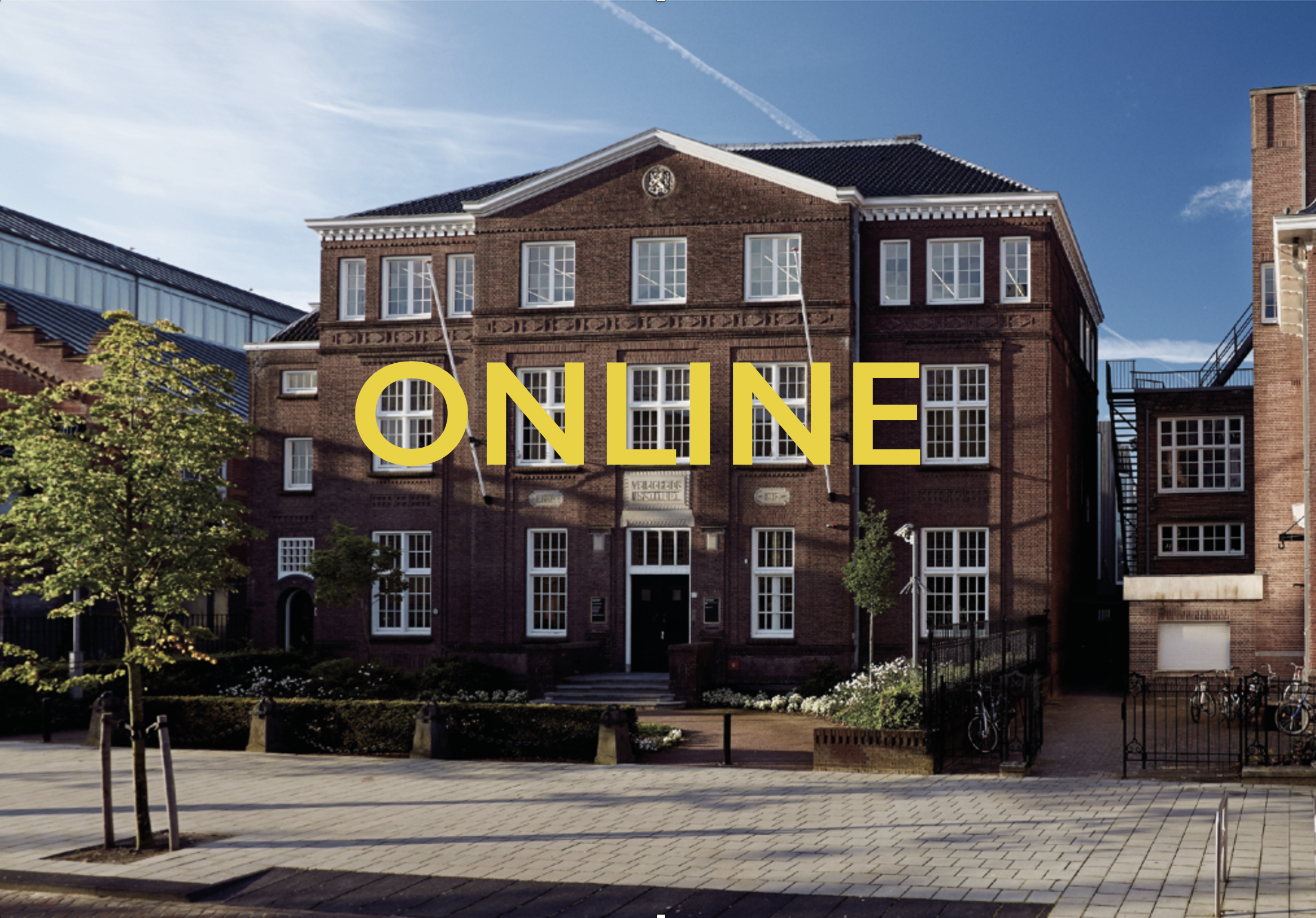

We are pleased to announce a new, online edition of the NICAS colloquium on Thursday 22 July 2021 from 12.00 to 13.00 hrs. The colloquium will take place online through Microsoft Teams.
Throughout the year, NICAS organises a bi-weekly Colloquium consisting of two short research lectures. It provides researchers with the opportunity to present ideas for, updates on or results of their activities. The NICAS Colloquium allows people to stay informed on a regular basis about the latest developments and results of research and to exchange information and expertise.
The chair of this colloquium will be Lieve d’Hont (University of Amsterdam)
The presenters are:
►Lambert van Eijck – The secret lenses of the Van Leeuwenhoek microscopes
Abstract:
In this presentation, Lambert will show his latest research on the enigmatic 17th century microscopes of Antoni van Leeuwenhoek, the founder of ‘microbiology’. His skills in microscope instrumentation were unsurpassed worldwide for more than 150 years, with his contemporaries being very eager to learn his tricks. During his life and up till recently, the exceptional optical performance of these microscopes was assigned to his lens-making skills, about which he was very secretive. With only a few Van Leeuwenhoek microscopes left in the world, Lambert embarked on a quest with Tiemen Cocquyt of Rijksmuseum Boerhaave to reveal the secret of the Van Leeuwenhoek microscopes. This presentation will address the long and winding road to revealing the secret, after 350 years.
Bio:
Lambert van Eijck is assistant professor at the Applied Sciences faculty of TU Delft. He develops neutron methods for materials science and has been applying neutron computed tomography and neutron diffraction techniques to cultural heritage objects over the last few years. His NICAS project ‘Beeldvorming’ focusses on the data fusion of neutron tomography with gamma spectroscopy in metal objects such as bronzes. The synergy of novel neutron based methodologies with their data fusion allows to apply neutrons to many other cultural heritage objects.
► Marzia Luddo – DIPOT: Digital depot. Computer-generated simulations of museum storage facilities using 360o photography and augmented, virtual and mixed reality
Abstract:
The project ‘DIPOT: Digital Depot’ within the Marie Sklodowska-Curie LEaDing Fellows Programme and the Delft University of Technology explores the use of digital technologies to enhance collection-based institutions and focuses on non-exhibited collections located in storage facilities. These areas of museums/libraries have undergone numerous transformations, going from museums’ dusty attics and basements to visible and accessible storage to newly designed conservation centres. By acknowledging these transformations, this research looks at how in-depth qualitative research and the inclusion of digital technologies could be applied to the future management and improvement of museums. One of the main questions looks at what museum visitors can learn/gain from the digital representation of museum storage. The research methods include a literature review, qualitative research (e.g. interaction, focus groups, visual/narrative devices) related to cyber-ethnography, the creation of an interactive 360o set of images and a participatory workshop. Different immersive technologies were chosen to increase participant involvement and engagement. The participants included students and scholars, digital developers, teachers and educators, museum and library professionals and members of the general public. The potential benefits and challenges of using digital technologies and computer-generated simulations of museum storage facilities were identified via a content analysis of the workshop data. The findings of this research could be used by future museum stakeholders when creating computer-generated simulations of museum storage facilities using digital technologies such as games, 360o photography and augmented, virtual and mixed reality for storytelling, accessibility, and interpretation. Using innovative digital methods could help people to find more about their cultural heritage and tell new stories about our past. (https://dipot.altervista.org/)
Bio:
Marzia Loddo has worked as an expert in applied arts conservation in several Italian museums. She holds the European title of Doctor of Preservation of Architectural Heritage (2019, Politecnico di Milano). In 2020, she published her first monograph, (Storage facilities for the collections of art museums. A focus on the Italian context), on the topic of art collections storage. Marzia is currently based in the Netherlands, where she is a postdoctoral researcher at the Delft University of Technology. Marzia is furthermore an Affiliated Researcher of the Centre for Global Heritage and Development (Leiden-Delft-Erasmus), ICCROM and ICOM.